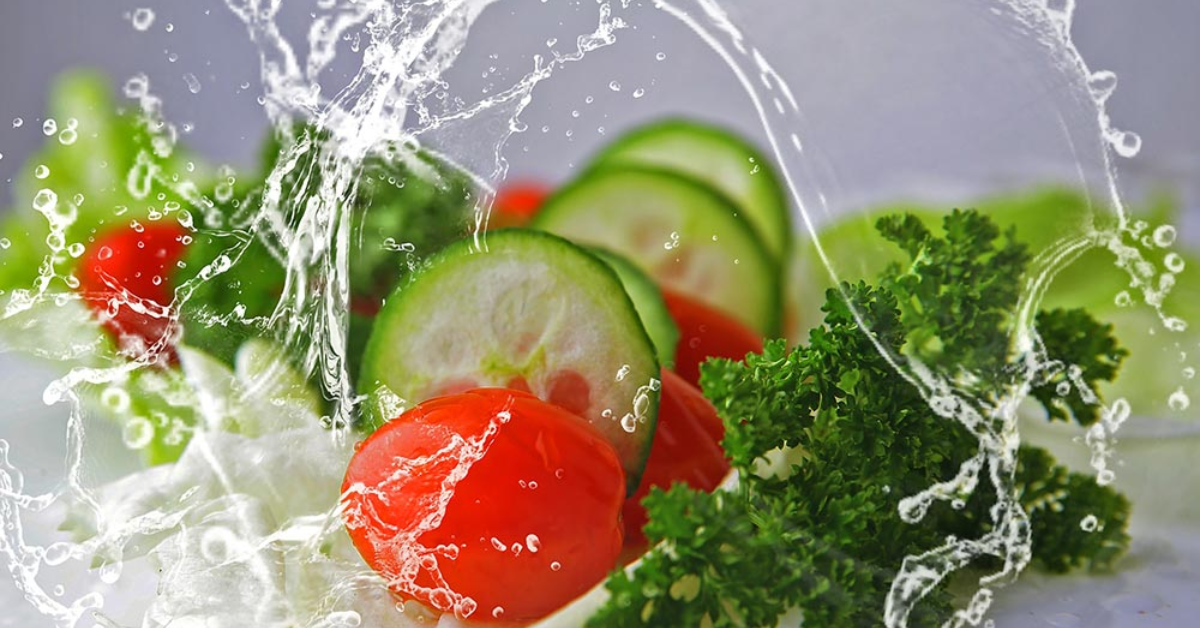Everything You Need to Know About Taking a Basic Food Hygiene Course in Singapore
Food safety is a critical aspect of public health, especially in a bustling culinary hub like Singapore. With a vibrant food culture that spans from hawker centres to high-end restaurants, ensuring proper hygiene practices is not just a recommendation — it’s a regulatory requirement. One of the foundational steps for anyone involved in the preparation or handling of food is completing a Basic Food Hygiene Course This essential course equips individuals with the knowledge and skills necessary to maintain high food safety standards and prevent foodborne illnesses.
Why Is Food Hygiene Important in Singapore?
Singapore’s reputation for clean, safe, and delicious food has been built on a strict framework of food safety regulations. The Singapore Food Agency (SFA) enforces guidelines to make sure food handlers and businesses maintain proper hygiene at all times. The tropical climate in Singapore further increases the risk of food contamination due to the warm and humid conditions, making food hygiene training even more vital.
Foodborne diseases can cause serious health complications, and outbreaks can significantly damage a food establishment’s reputation. This is why the Basic Food Hygiene Course is mandated for all food handlers. From stall operators in hawker centres to employees in hotel kitchens, everyone who works with food is required to undergo formal training to ensure they handle food safely and responsibly.
What Is the Basic Food Hygiene Course?
The Basic Food Hygiene Course is designed to teach food handlers the fundamental principles of food safety and hygiene. The course is regulated by the SFA and delivered by various accredited training providers across Singapore.
This course typically runs for about 7.5 hours, including both theoretical lessons and a practical assessment. Topics covered include:
-
Proper handwashing techniques
-
Personal hygiene standards
-
Safe food storage practices
-
Cross-contamination prevention
-
Proper cleaning and sanitisation
-
Pest control basics
-
Legal responsibilities and food safety regulations in Singapore
After the training, participants must pass a written test and a practical assessment to be certified. Once successfully completed, individuals are awarded a Food Hygiene Certificate, which remains valid for five years. It’s worth noting that refresher courses are required to maintain this certification.
Who Needs to Take This Course?
In Singapore, the Basic Food Hygiene Course is a mandatory requirement for anyone involved in the preparation, cooking, or handling of food. This includes:
-
Hawker stall operators
-
Canteen workers
-
Restaurant and café kitchen staff
-
Catering staff
-
Food delivery personnel involved in packing
-
Pastry chefs and bakery assistants
Employers in the food industry are responsible for ensuring their staff are properly trained and certified before they begin work. In many cases, job applicants who already possess a valid Food Hygiene Certificate will have an advantage over others who do not.
What Can You Expect During the Training?
Training for the Basic Food Hygiene Course is practical and hands-on. It focuses on real-world applications of hygiene principles, which helps learners understand how to integrate best practices into their daily routines. Whether you’re washing vegetables, sanitising equipment, or serving meals, the training is meant to instill habits that reduce risks and uphold Singapore’s high food safety standards.
Instructors are typically experienced professionals with backgrounds in food safety, catering, or health inspection. Lessons are usually delivered in English, but many training providers offer the course in other languages such as Mandarin, Malay, or Tamil to cater to Singapore’s diverse workforce.
To accommodate working professionals, many training centres offer flexible scheduling, including evening and weekend classes. The assessments are straightforward, but they ensure that every participant has a firm grasp of the course content before they receive certification.
Benefits of Taking the Course
There are multiple advantages to completing a Basic Food Hygiene Course, both for individuals and food businesses:
For Individuals:
-
Better Employability: Certification is a minimum requirement for many food industry jobs.
-
Knowledge and Confidence: Trained staff are less likely to make costly or dangerous hygiene errors.
-
Career Advancement: Possessing basic certification can be the first step toward higher-level food safety training, including WSQ Advanced Certificate courses.
For Employers:
-
Regulatory Compliance: Avoid penalties and inspections issues by ensuring staff are certified.
-
Improved Operational Standards: Well-trained staff contribute to smoother and safer kitchen operations.
-
Customer Trust: Certification is a sign that your business values hygiene and safety, increasing consumer confidence.
Renewing and Upgrading Your Certification
After five years, your Food Hygiene Certificate must be renewed to remain valid. This is done by attending a refresher course, which ensures that your knowledge remains current with any updated regulations or best practices.
Some individuals also choose to go beyond the Basic Food Hygiene Course by pursuing higher-level training in food safety, such as the WSQ Food Safety Level 2 or supervisory courses. These programs are particularly useful for those looking to move into management positions or open their own food businesses.
Choosing the Right Training Provider
When selecting a course provider, it’s important to choose one that is accredited by the Singapore Food Agency. While the core curriculum remains the same, training centres may differ in teaching style, available languages, class sizes, and scheduling.
Look for providers that offer:
-
Experienced and qualified trainers
-
Realistic practice environments
-
Flexible timing options
-
High pass rates
-
Good reviews and testimonials
A reputable training provider will ensure that your learning experience is effective, engaging, and relevant to your job.
Final Thoughts
The Basic Food Hygiene Course plays a crucial role in upholding Singapore’s world-class standards in food safety and public health. Whether you’re entering the food industry for the first time or are an experienced worker needing certification renewal, this course offers essential knowledge that benefits both personal development and business success.
By taking this step, you’re not just complying with regulations — you’re actively contributing to a safer, healthier food ecosystem for everyone in Singapore. Proper hygiene is not just about cleanliness; it’s about responsibility, professionalism, and a commitment to excellence in every meal served.







